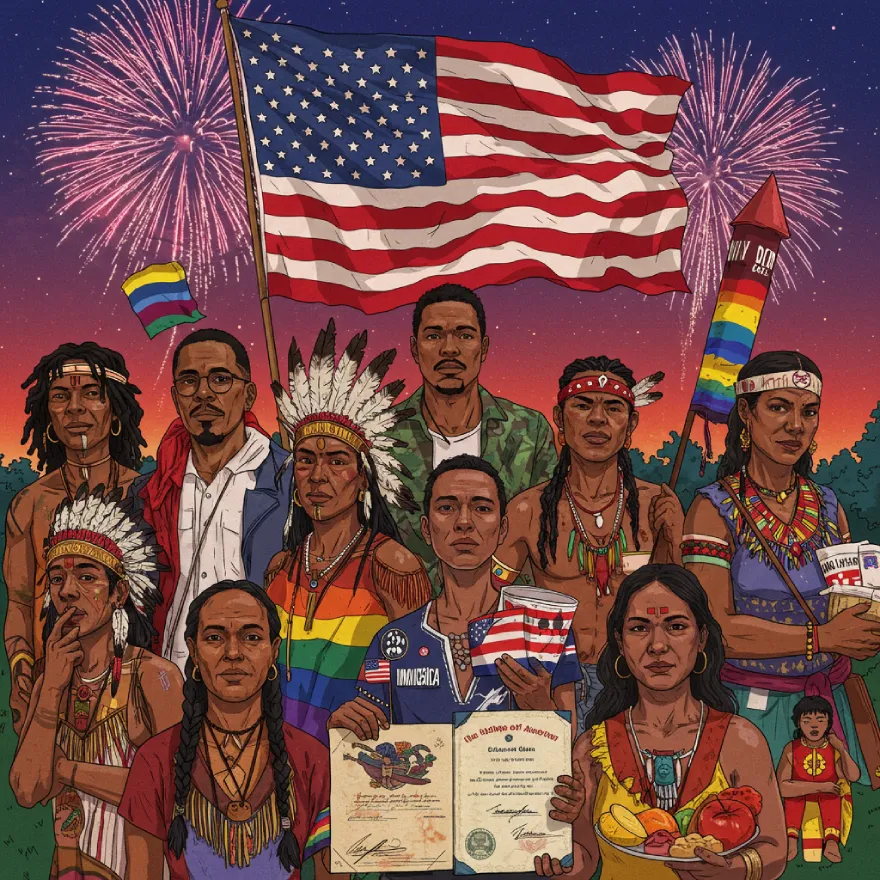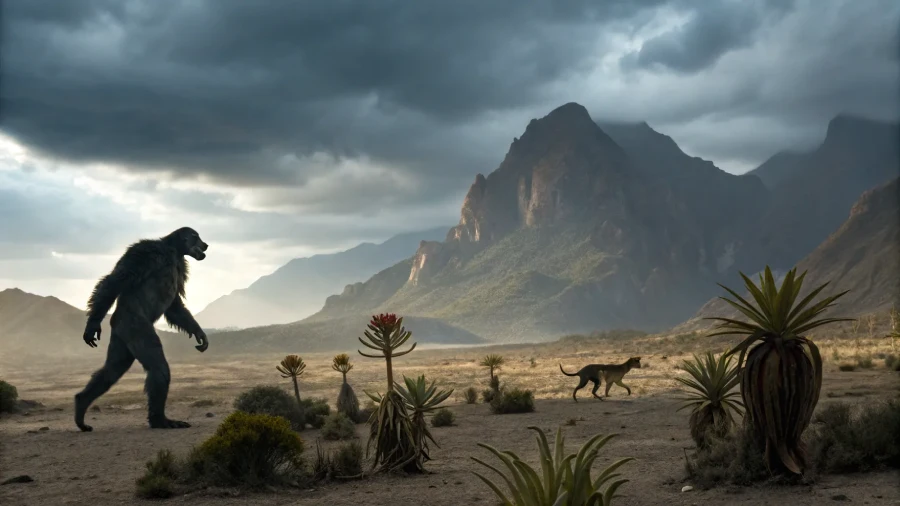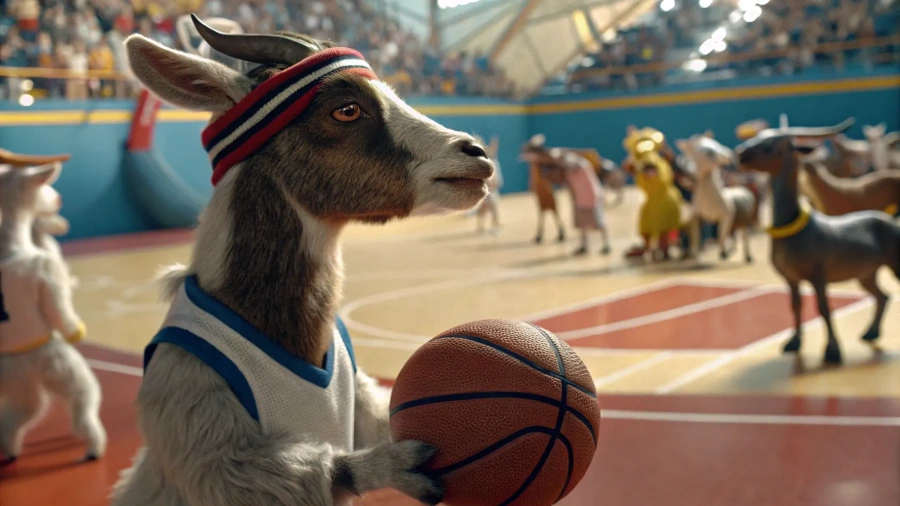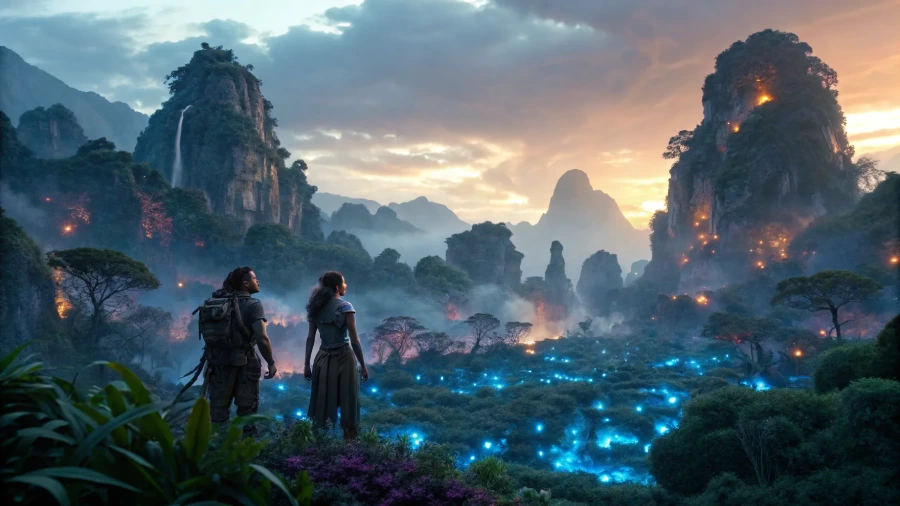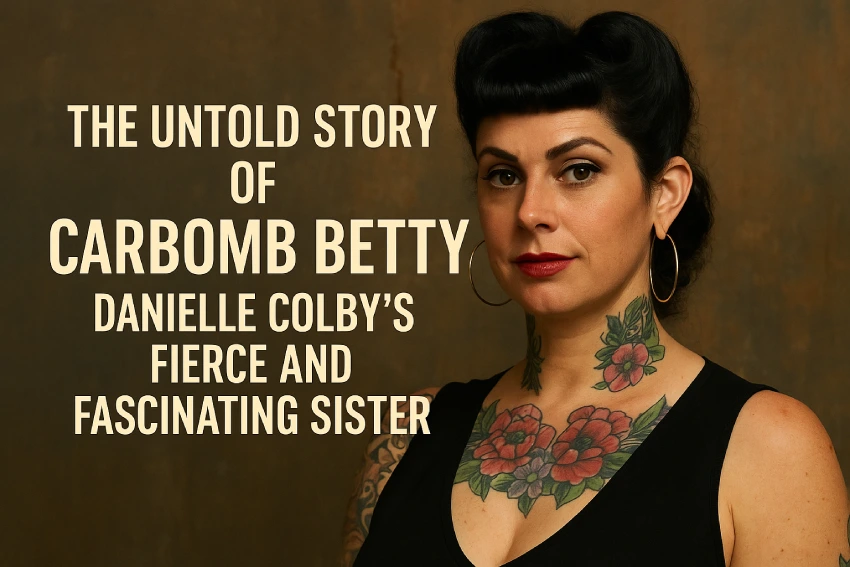Whose Independence?
Every July 4th, the skies of the United States are filled with fireworks, and American flags wave proudly on porches and in parades. But while the holiday is widely promoted as a universal celebration of freedom, not everyone’s relationship with Independence Day is the same. For many, the 4th of July is a day of joy and national pride. For others, it is a moment of deep reflection, protest, or even mourning. The story of American independence looks very different when seen through the eyes of Black, Indigenous, immigrant, and LGBTQ+ communities.
This article explores how various communities experience and represent the 4th of July through media, activism, culture, and daily life. It’s not just about fireworks and barbecues, but about whose version of America we’re celebrating, and whose voices still need to be heard.
1. Black America: Celebration and Challenge
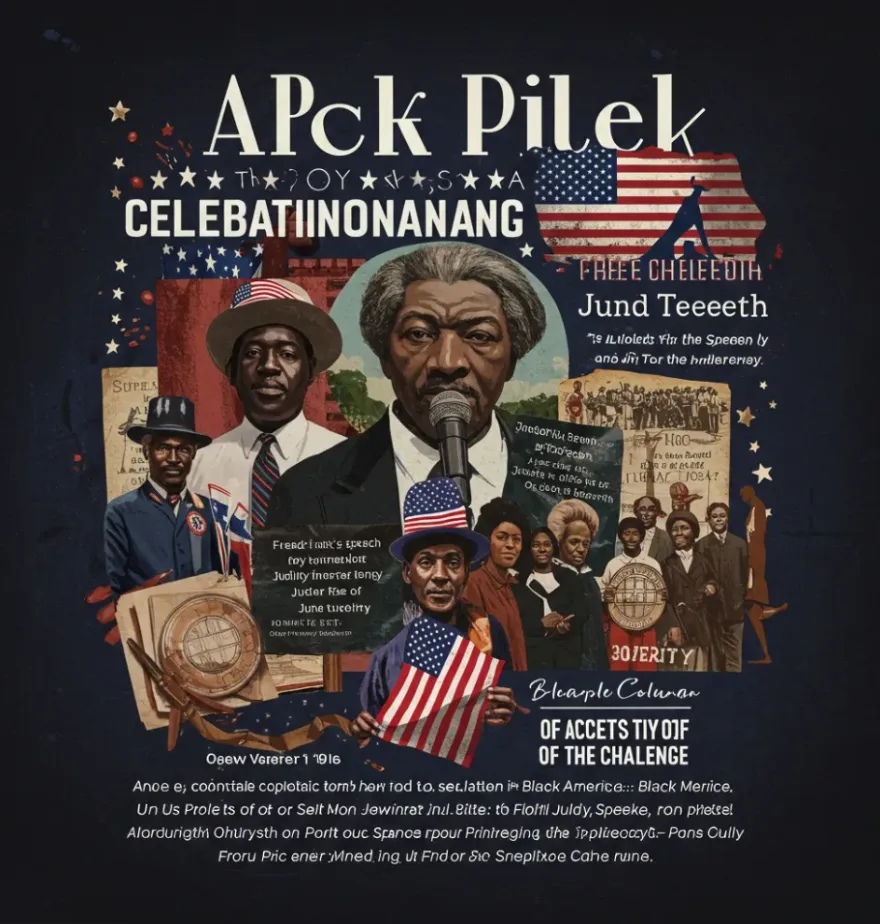
For many Black Americans, July 4th has always been a complicated holiday. While it’s a chance for family gatherings and fun, it is also a day that highlights the country’s unfinished journey toward justice and equality.
- History and Reflection: In 1852, Frederick Douglass gave his famous speech, “What to the Slave is the Fourth of July?” He called out the contradiction of celebrating freedom in a country where millions were still enslaved. That spirit of questioning and truth-telling continues today.
- Juneteenth’s Rise: Many Black communities now put more cultural and emotional energy into Juneteenth (June 19th), which celebrates the end of slavery in America. For some, Juneteenth feels like a more honest “Independence Day.”
- Cultural Expression: Black Americans often use the day for cookouts, music, and art that highlight both joy and survival. In media, films like Glory, Selma, or Harriet remind audiences of the ongoing struggle for freedom.
FAQ:
- Do Black Americans celebrate July 4th?
Yes, but often with deeper reflection and sometimes more emphasis on Juneteenth. The holiday can mean both celebration and protest.
2. Indigenous Peoples: Reclaiming the Narrative
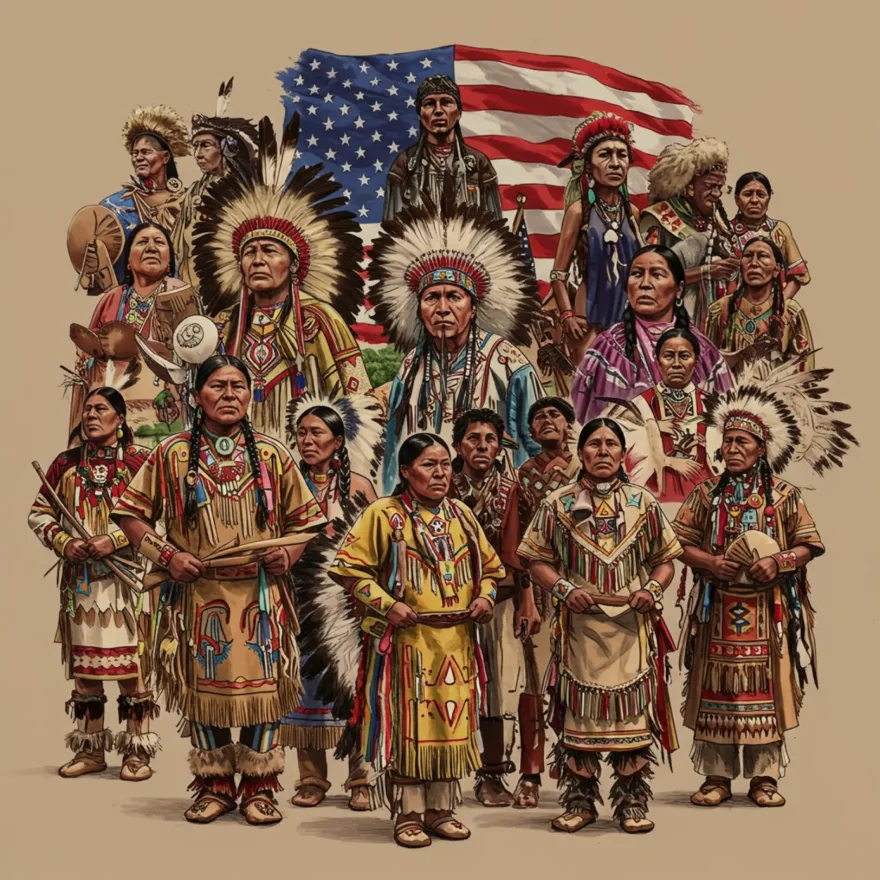
For many Native Americans, July 4th is not a celebration, but a painful reminder of colonization and loss.
- A Day of Mourning: For some Indigenous communities, the holiday represents the start of broken treaties, lost lands, and centuries of struggle.
- Resistance and Resilience: Many tribes organize their own gatherings, powwows, or Days of Mourning to reclaim their stories and honor their cultures. These events often include traditional songs, dances, and storytelling that focus on resilience rather than defeat.
- Challenging Stereotypes: Native media makers are increasingly using films, social media, and documentaries to challenge myths about “American” history and highlight Indigenous survival.
FAQ:
- Do Native Americans celebrate July 4th?
Some do—especially veterans or assimilated families—but many use the day to honor resistance, educate others, or focus on their own traditions.
3. Immigrant America: Navigating Belonging
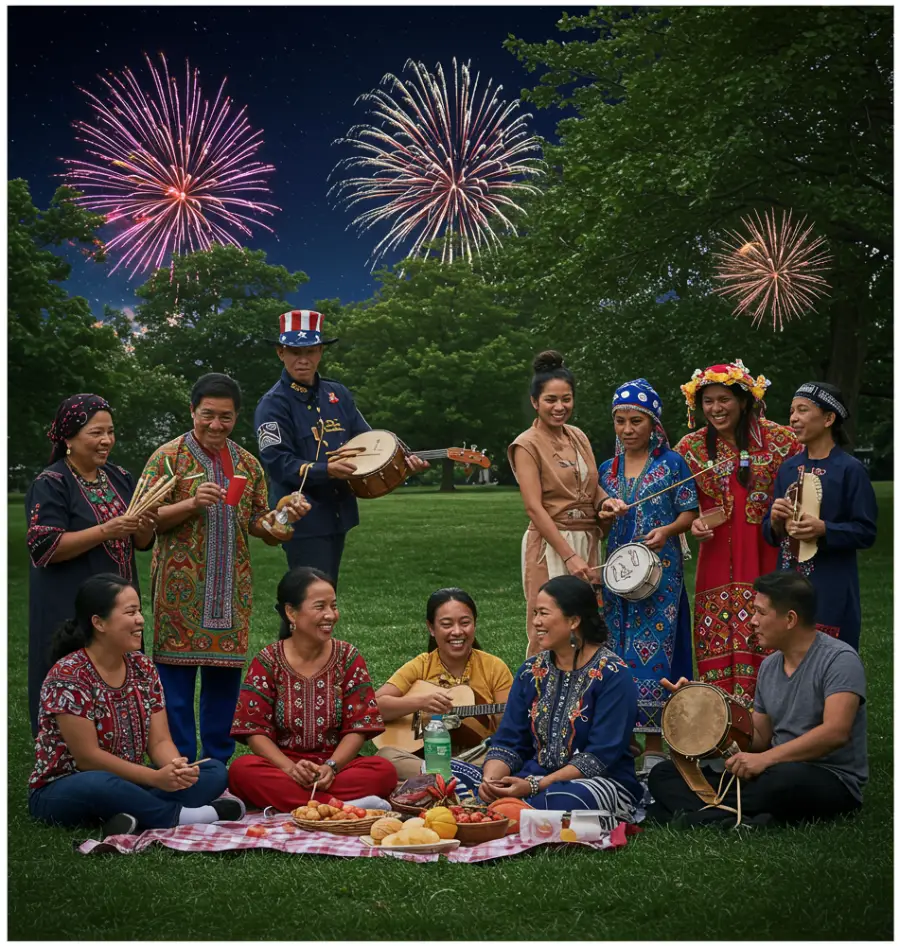
For immigrants, July 4th can be a symbol of both opportunity and struggle.
- A New Beginning: Thousands of new citizens are sworn in on July 4th every year, making the day a powerful symbol of hope and belonging.
- Blending Cultures: Immigrant families often mix American traditions (like fireworks or parades) with their own foods, music, or rituals—like Filipino barbecue, Mexican tamales, or Vietnamese pho at a picnic.
- Media Reflections: Movies like Minari, The Namesake, or In the Heights show how immigrant families experience both the excitement and the challenges of the American Dream.
FAQ:
- Do immigrants celebrate July 4th?
Yes, many do. For some, it’s a proud milestone; for others, it brings up questions about acceptance and identity in America.
4. LGBTQ+ Communities: Pride, Progress, and Patriotism
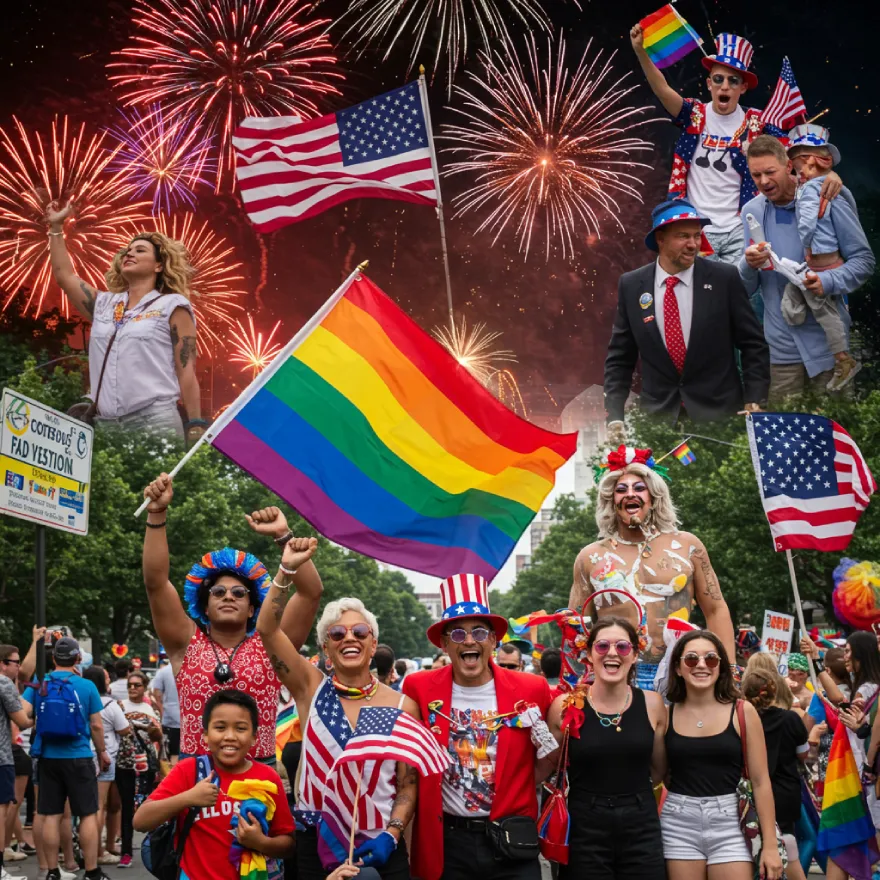
For LGBTQ+ Americans, July 4th is a chance to be visible, included, and proud.
- From Exclusion to Inclusion: In the past, queer people were often excluded from mainstream American celebrations. Today, many LGBTQ+ folks blend Pride Month (June) with the Fourth of July, waving rainbow flags next to American flags.
- Freedom to Be: For some, July 4th is about the right to live openly and safely in their own country. Queer-friendly parades, drag brunches, and inclusive gatherings are now part of the July 4th landscape in many cities.
- Changing the Story: Media, from shows like Pose to films like Love, Simon or Moonlight, is helping make space for LGBTQ+ Americans in the story of who gets to celebrate America.
FAQ:
- How does the LGBTQ+ community celebrate July 4th?
With both celebration and activism. Many create safe spaces for all identities, honor progress, and push for more inclusion.
5. Intersectional Experiences: Layers of Identity
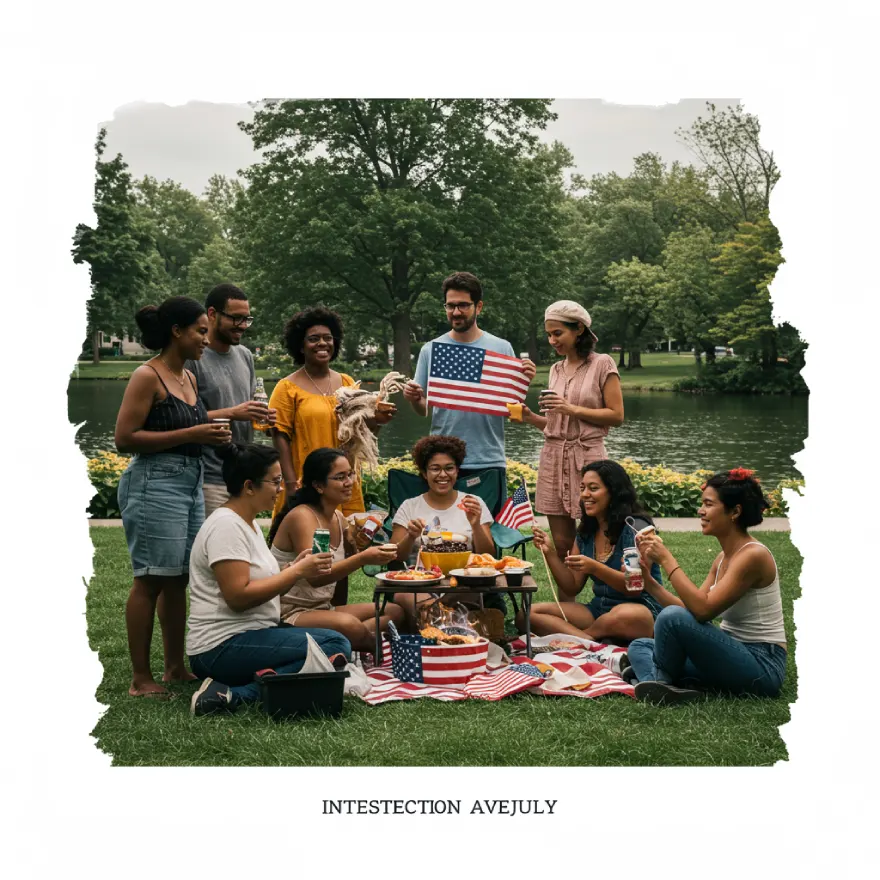
Many people live at the crossroads of several identities. Someone might be a Black immigrant, a queer Native person, or a disabled veteran. For them, the meaning of July 4th is even more layered.
- Hybrid Traditions: A family could celebrate with a cookout, speak multiple languages at the table, and also discuss civil rights or social justice.
- Social Media Voices: TikTok, YouTube, and Instagram have allowed many Americans to share their own stories about what July 4th means—or doesn’t mean—to them, creating a richer national conversation.
FAQ:
- Is it okay to celebrate July 4th and still criticize America?
Absolutely. Many believe that true patriotism includes having the courage to question and work to improve the country.
Media and Real-Life Portrayals
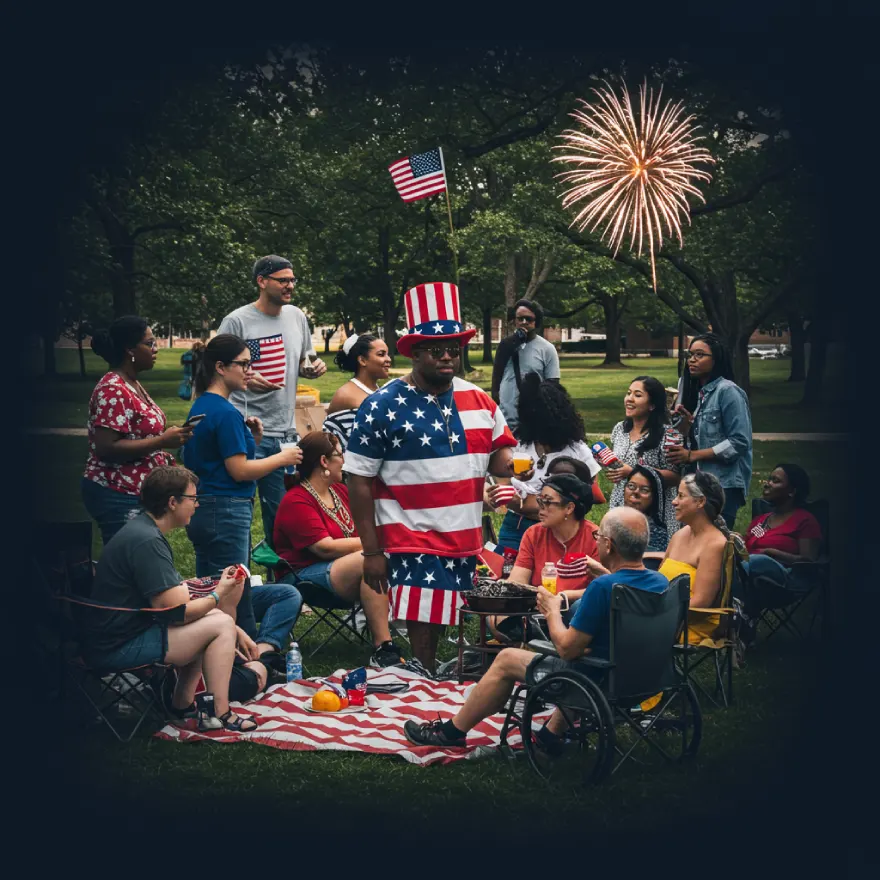
Media is slowly catching up to these diverse experiences. More films, books, and series now show the realities and dreams of people from all backgrounds. In real life, local events and activism allow underrepresented voices to take the stage, from city parades with DACA recipients in the spotlight to powwows and pride picnics happening side by side.
Conclusion
The Fourth of July will never mean just one thing for everyone. For some, it’s fireworks and pride; for others, it’s a time to question, mourn, or demand change. But if we listen to all these stories, we see that America is at its best not when it’s pretending to be perfect, but when it’s open to growth and truth.
To move forward, we must honor all voices—especially those left out in the past. Because the answer to “Whose America?” is simple: It’s all of ours, but only if everyone is truly heard and included.
FAQs
Q: Can I celebrate July 4th while acknowledging its problems?
Yes. Many Americans find ways to honor the country’s progress while also recognizing where work still needs to be done.
Q: Are alternative celebrations common?
More each year, whether it’s Juneteenth parties, Days of Mourning, DACA rallies, or inclusive Pride events.
Q: What should I do if I feel left out of July 4th traditions?
You can create your own meaning, gather with people who share your experiences, or simply reflect quietly. Your story matters.
Q: How can we make July 4th more inclusive?
By listening to all histories, supporting underrepresented voices, and understanding that freedom is a promise for everyone, not just a few.
